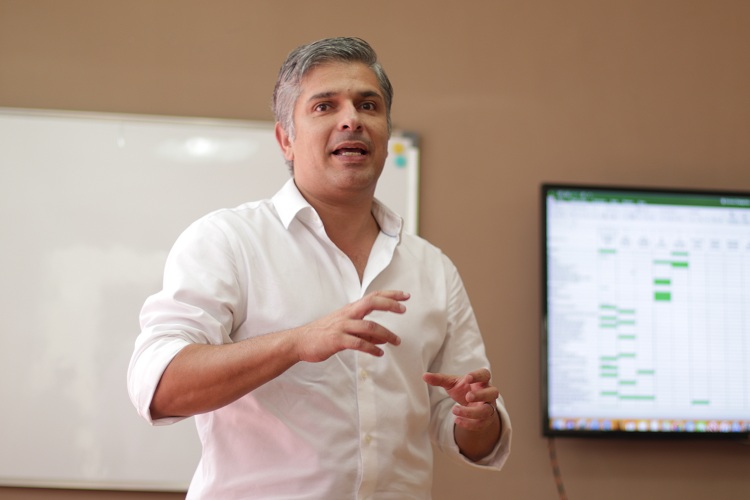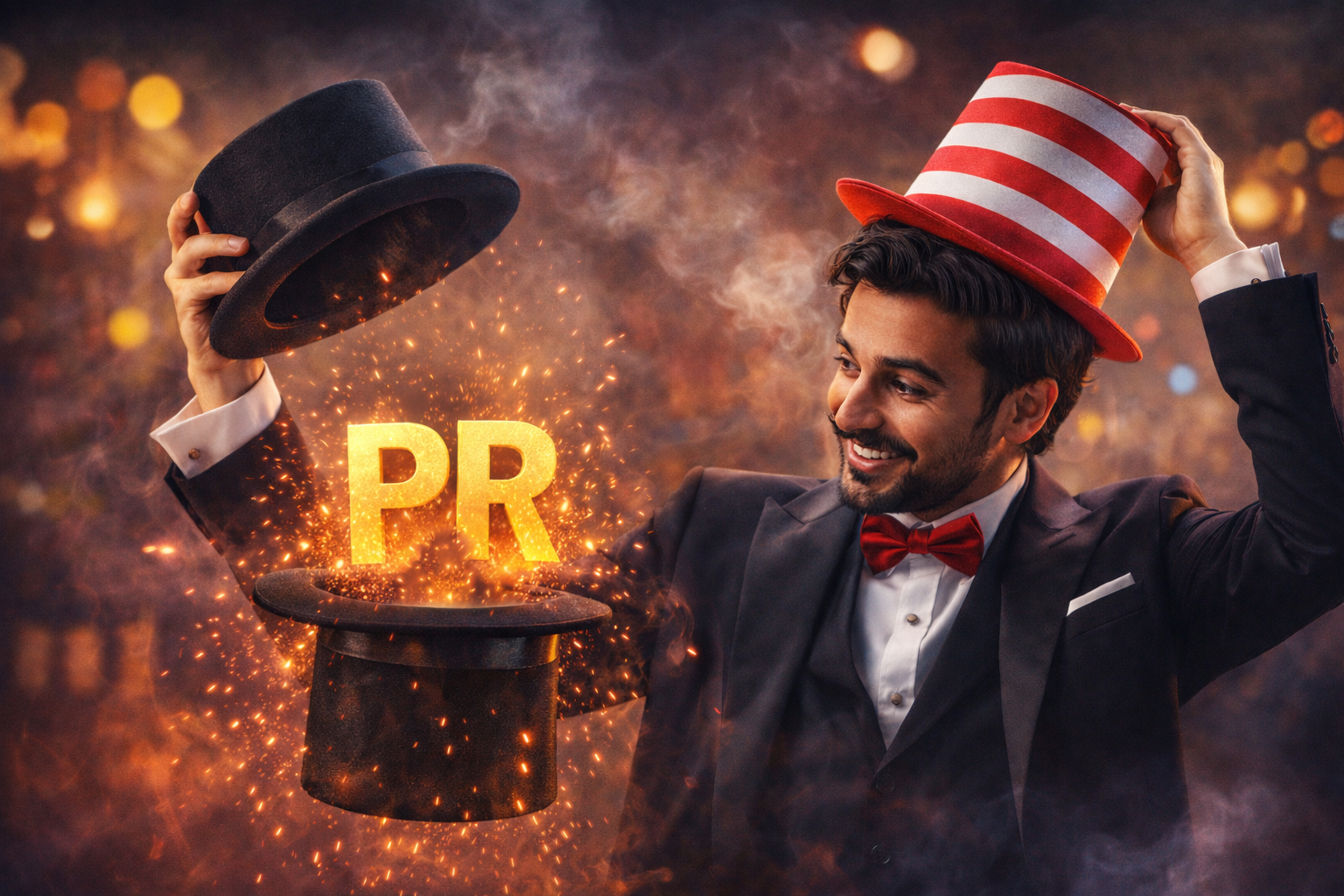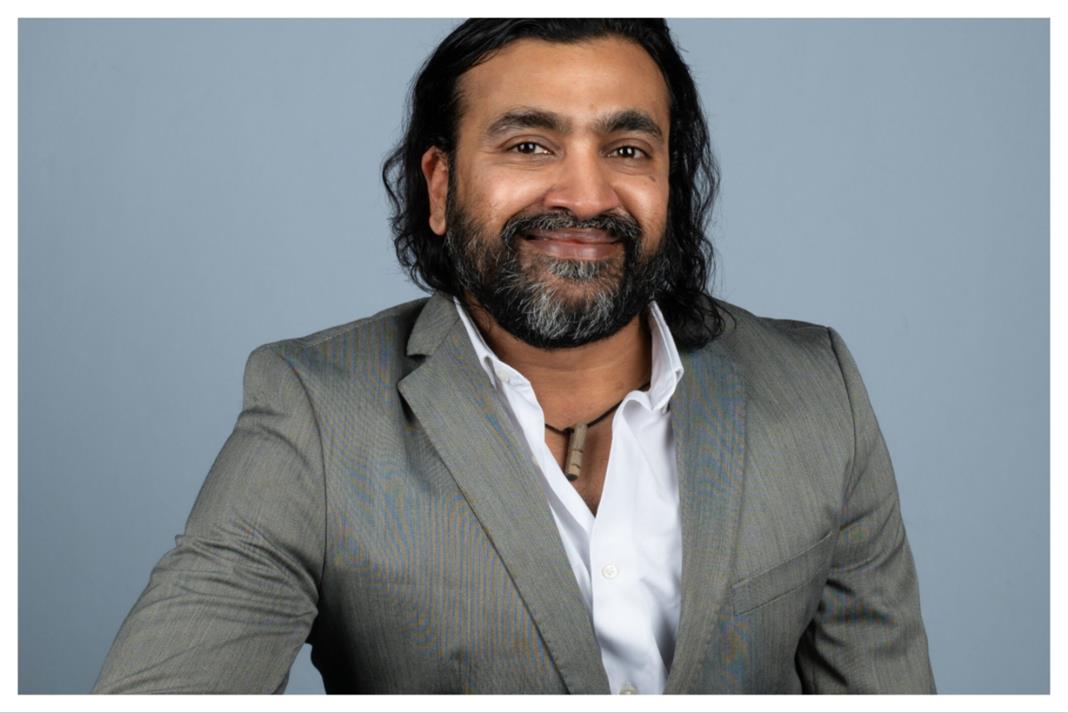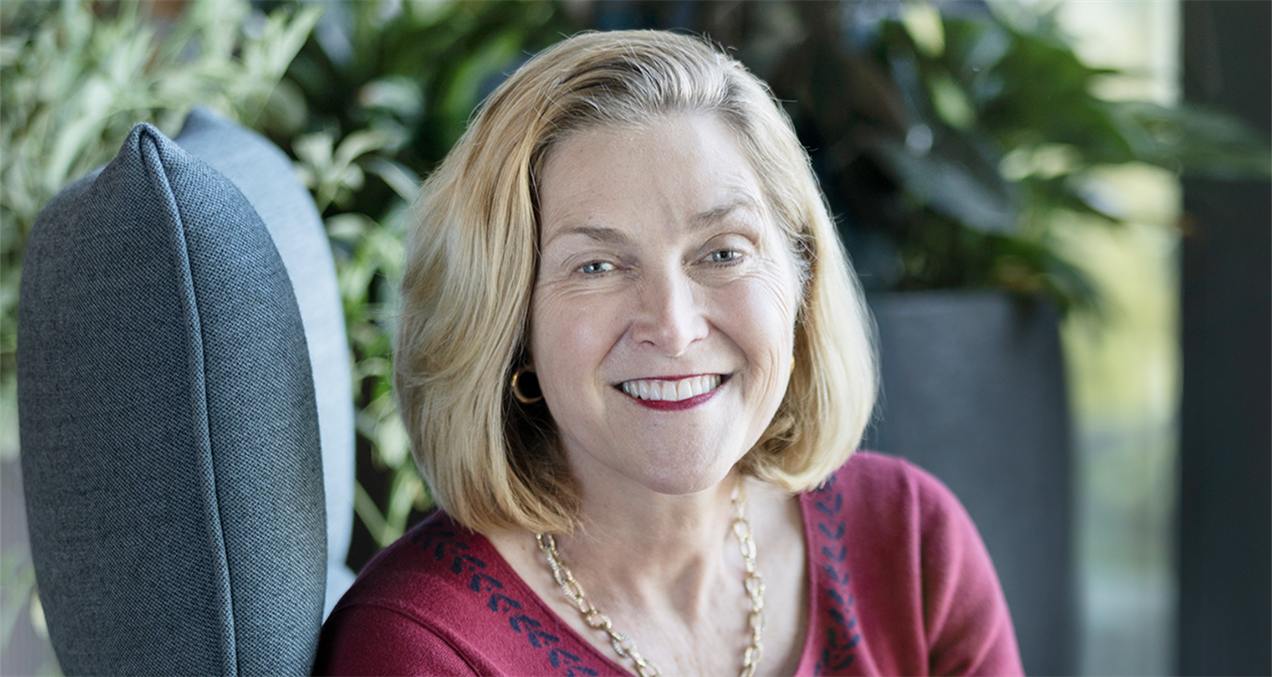At Cannes Lions 2019, Fernando Machado, global CMO, Burger King and his chief-partner in crime, Marcelo Pascoa, the global head of brand marketing, Burger King pointed out how Burger King's success was more than just producing some great marketing.
"Every time we renovate restaurants, revenue goes up by 10 to 12 percent," said Machado.
Pascoa highlighted other challenges. While BK offered flame grilled burgers, a large part of its audience were not aware of it (33 per cent of its audience and nearly 50 per cent of the younger generation were not aware of it). Pascoa said, "The young generation are skeptical. They can smell the BS from a mile away."
The company found an answer by hiring industrial designers they designed an outlet in teh form of a giant grill and the flame could be spotted at the top floor from a distance. The overall perception of the brand went up by 8 percent. "Design your way out. Doing is better than saying. Experience has the power," said Machado.
Speaking about how people were not initially downloading the BK app, Machado spoke about how the McDonald's detour campaign changed all that. "Creativity can bend reality," he said. If you offered it in the simple straight forward thing, consumers would not have been rushing to buy a Whopper at 1 cent, he pointed out.
He added that there were some tell-tale signs when they were doing things for the first time. "We are scared and nervous when we don't know to do something. That means that it has not been done before."
Machado, who's also been associated with the Dove Real Beauty "sketches" campaign, during his earlier stint with Unilever had recently met Campaign India's Prasad Sangameshwaran. Excerpts from the interview:
Your Dove Beauty Sketches campaign dwelt on the larger thought that people think they are less beautiful than they are. If you apply those principles to the creative business, what will be the result?
Creative people sometimes think they are more creative than they are (laughs). In the case of beauty it’s more consistent, the research has proven that people are critical of their beauty, and that became a powerful insight for the Dove campaign.
In the case of creativity, on an average everyone is creative. But if we go specifically to the industry, there are people on both sides – some think they are less creative than they are. Or there are people with huge egos – who think they are extremely creative.
How do you as a client identify the right creative mindset to work with?
I try work with people who share the same level of creative ambition that we have and whom we trust. I have never called for a pitch in my career. I am lucky because I truly work with a team of hugely talented people who work with a creative ambition that we share and there is adequate trust on both sides as we undertake the journey from uncertainty towards certainty.
Being one of the most awarded clients on planet earth, does that overwhelm the creative agency partners?
I don’t know if I am the most awarded client in the world. I have been lucky enough to be a part of brands that have created great work. The people we work with are used to us. And I also work with some of the most awarded creative professionals in the world. They don’t get intimidated of working with us as they also have a great relationship with us. We need to have a relationship where creatives are comfortable sharing crazy ideas without being afraid of being laughed at. You need that environment to promote free-flow thinking.
How do you create the right environment for creativity to flourish?
In both Burger King and Unilever there is a strong desire to embrace creativity. Both organisations believe that great creativity has a strong link with business results.
How do you prepare your employees to embrace creativity?
It starts with the recruiting process. We identify people with an intrinsic desire to be creative. We like to do work that delivers strong results through creativity. Naturally, that kind of work wins awards and we get talked about. We invest a lot of time in making people understand how to create a tight brief, how to chose ideas and also make the craft great. But it’s a journey.
As a part of the jury at the Titanium Lions this year at Cannes, do you find that award winning campaigns also deliver better business results than their peers?
There are enough studies to prove that award winning brands also outperform their competitors across several business parameters. Creativity is a huge source of competitive advantage. I do not have the largest budgets in my category, so I need to do things that stand out. I need to do things in the Burger King way so that consumers relate to my brand. If we just play according to the rules of the number one, they will outspend us. When we are creative, it gets business results and wins awards. When we win awards, more and more creative people want to work with us. They in turn bring us better creativity, which in turn gets us better results. It creates this virtuous circle with creativity and results.
You have spoken about targeting the niche and building a strong community around them. Is that how you approach consumers at Burger King?
Whatever you do, you need to be meaningful to consumers, even if it’s not niche. In the Dove case, it’s meaningful to people, but it’s not niche. It’s the universal truth. When we are at our best, we will do things that are going to be talked about as they are relevant to people and they add value to the conversation. When we do something like the McWhopper, the whopper detour, it’s relevant to people as they find it funny, there is conversation around the topic, that’s what we are aiming for – to create things that will get us a lot of earned media. That has a multiplier effect.
How do you pick the cause that you want to associate with? From the outside, for instance, there seems to be nothing in common between Burger King and Net Neutrality?
Whatever cause we pick, it needs to have some sort of link with the brand. In our case, we always talk about the Whopper as a super-democratic product. No matter you are rich or poor you will get the same product, even if you can customize and all that. So it’s a social equalizer. We always have a finger in the pulse of culture. Hence we identified very quickly the topic of net neutrality. It was a trending topic but people did not understand what it would mean to everyone. This was causing more conversations.




